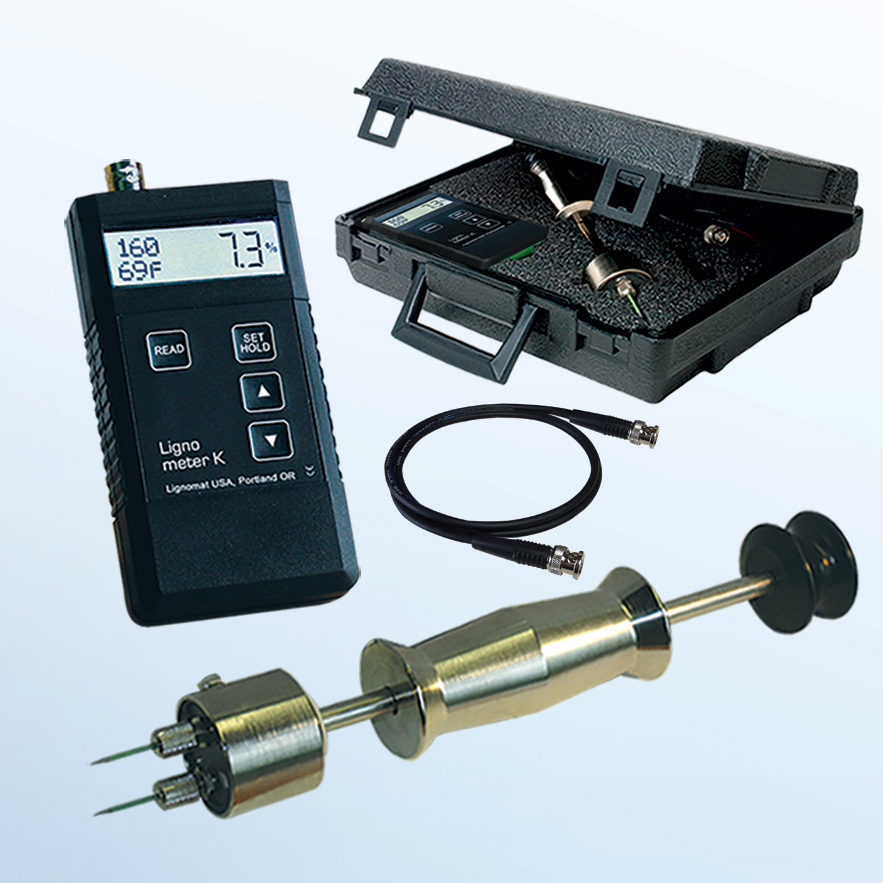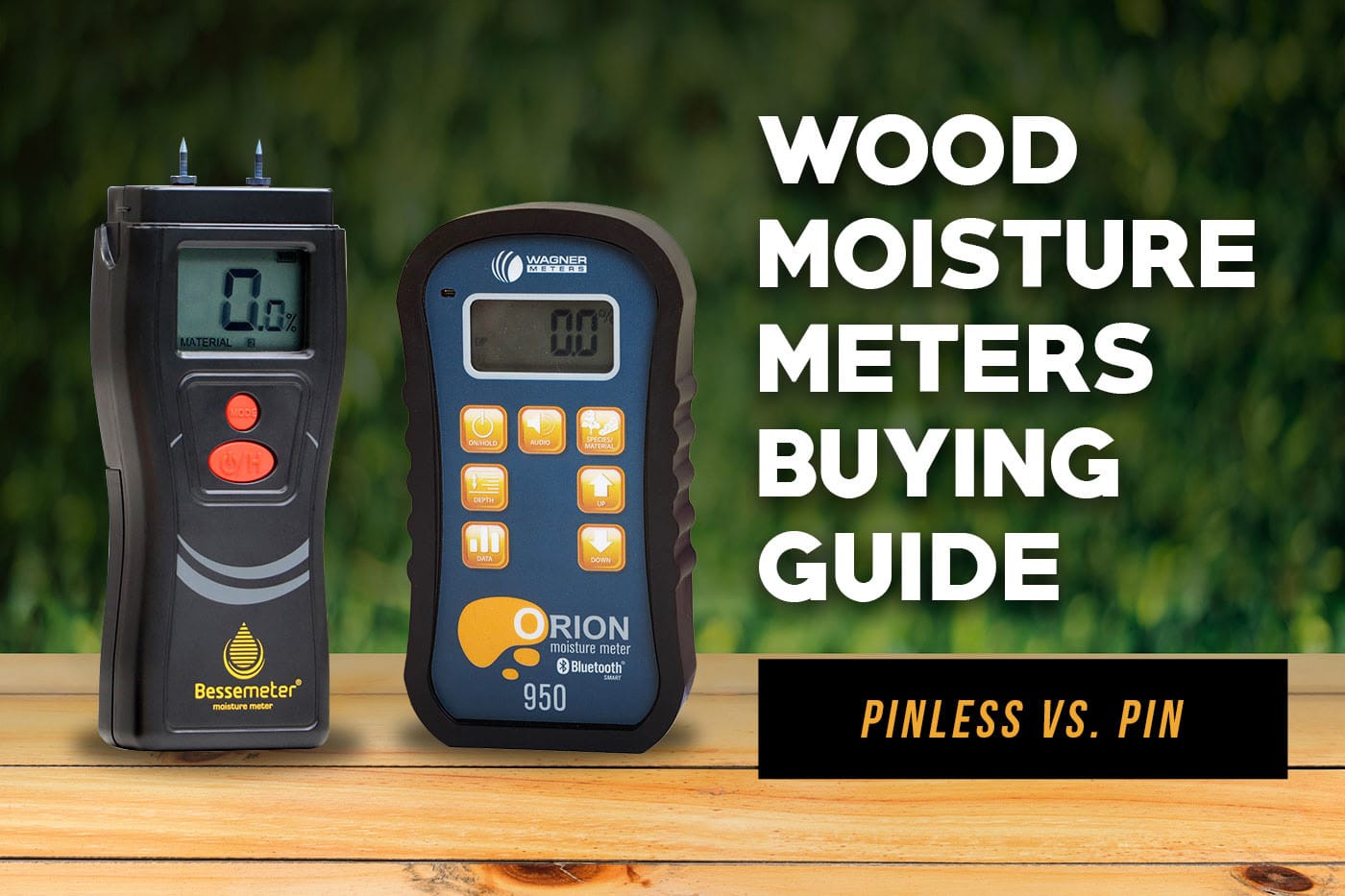The Ultimate Overview to Picking the Right Moisture Meter for Your Demands
The Ultimate Overview to Picking the Right Moisture Meter for Your Demands
Blog Article
The Ultimate Guide to Moisture Meters: A Comprehensive Summary and How They Can Conserve You Cash
In the world of structure maintenance, building, and various sectors, the significance of precisely gauging dampness degrees can not be overemphasized. Wetness meters serve as important devices in spotting and keeping track of moisture content in products, helping in protecting against pricey damages and making sure the high quality of items. Recognizing the subtleties of different sorts of moisture meters, their applications, and the possible cost-saving advantages they supply can be a game-changer for experts and companies alike. Discovering just how these devices can not only streamline processes yet also add to financial cost savings is a journey worth starting.
Types of Moisture Meters
Numerous sorts of wetness meters are readily available for various applications in various sectors. One typical type is the pin-type wetness meter, which determines the electric resistance between two pins placed right into a product. This kind appropriates for wood, drywall, and other building materials. Pinless moisture meters, on the various other hand, usage electromagnetic sensor plates to scan a larger area without triggering damages to the material's surface. These meters are optimal for quickly evaluating wetness levels in big areas such as floors and wall surfaces.
Moreover, there are also specialty wetness meters designed for specific materials like dirt, hay, or grain. These meters offer precise wetness analyses tailored to the special residential or commercial properties of the product being tested. Infrared wetness meters gauge the thermal buildings of a material to identify its wetness content non-invasively, making them beneficial for applications where pin or pinless meters might not be ideal. Comprehending the different sorts of moisture meters offered can help industries choose one of the most suitable tool for their certain dampness measurement demands.

Advantages of Using Moisture Meters

Moreover, making use of moisture meters can lead to enhanced energy performance. By determining locations with high dampness degrees, such as leaks or inadequate insulation, adjustments can be made to enhance energy preservation and lower energy expenses. In farming settings, moisture meters play a crucial function in optimizing plant returns by allowing farmers to keep track of soil dampness degrees and make educated irrigation decisions. In general, the Get More Information advantages of making use of wetness meters extend across various industries, supplying economical options and advertising much better quality assurance techniques.
Just How to Pick the Right Moisture Meter
Choosing the ideal wetness meter includes taking into consideration vital factors such as material compatibility, dimension range, and calibration precision. When choosing a moisture meter, it's necessary to make certain that the meter is appropriate for the details material you will be testing. Different materials have differing electric buildings that can affect moisture analyses, so choosing a meter made for your material is crucial for accurate results. Furthermore, consider the measurement range of the dampness meter. Make certain that the meter can discover wetness degrees within the array needed for your applications. Calibration precision is one more critical factor to remember (Moisture Meter). Select a dampness meter with dependable calibration to make certain precise and consistent analyses. Some meters official statement might require periodic calibration modifications, so comprehending the calibration process is vital. By carefully examining these factors, you can choose a moisture meter that meets your requirements and gives accurate wetness dimensions for your projects.
Proper Techniques for Moisture Meter Usage
To make sure exact dampness readings and take full advantage of the performance of a moisture meter, utilizing proper techniques is important. When using a pin-type moisture meter, put the pins or probes into the product being evaluated up until they make complete get in touch with. By following these correct methods, users can count on their wetness meter to offer reliable dampness degrees, assisting in stopping expensive damage or making certain top quality in numerous applications.

Expense Savings Via Moisture Meter Applications
Just how can the strategic application of dampness meters lead to substantial price financial savings throughout different sectors? Dampness meters play a vital role in expense savings by stopping potential damage and ensuring quality assurance in different industries. In the agriculture market, moisture meters help in determining the ideal time for collecting plants, preventing over-drying or excess moisture that can affect the end product's quality. This accurate monitoring assists farmers prevent unneeded losses and optimize their yield.

Furthermore, in the food processing market, moisture meters are essential for keeping an eye on item high quality and making certain compliance with security policies. By properly determining dampness material in foodstuff, makers can stop perishing, preserve freshness, and minimize waste, causing substantial price financial savings. On the whole, the calculated application of moisture meters is a useful investment that can lead to considerable expense reductions and boosted effectiveness across various markets.
Verdict
To conclude, moisture meters are useful tools for determining and finding wetness levels in different products. By utilizing the best moisture meter and following correct strategies, users can effectively stop pricey damages triggered by excess dampness. Buying a quality wetness meter can cause substantial price savings in the lengthy run by recognizing prospective problems beforehand and enabling prompt removal. Inevitably, wetness meters are essential tools for preserving the stability and durability of frameworks and products.
Wetness meters serve as important tools in detecting and checking moisture material in products, helping in preventing costly damages and guaranteeing the high quality of items. Infrared moisture meters determine the thermal buildings of a material to identify its wetness web content non-invasively, making them beneficial for applications where pin or pinless meters may not be appropriate.Dampness meters provide vital benefits in accurately keeping an eye on and analyzing wetness levels in varied materials and environments. In farming settings, dampness meters play an essential function in maximizing plant yields by enabling farmers to keep an eye on soil wetness degrees and make educated irrigation choices.In final thought, dampness meters are valuable devices for identifying and gauging dampness levels in different materials.
Report this page